President of the International Development Assistance Association for the Abaza-Abkhaz ethnos “Alashara”, Chairman of the Supreme Council of the World Abaza Congress Mussa Ekzekov on the eve of the 6th anniversary of “Alashara” in an interview to the WAC web information portal told about the work of the organization and upcoming plans.
- This year, the International Association “Alashara”, the founder and president of which you are, turns six years old. Tell us how it all began? How did the idea of creating such an organization emerged?
- Events aimed at the development of the Abaza people began to take place long before the official registration of “Alashara” in 2013. Already by 2011 it became obvious that without a single focal point it would be difficult to implement the plans outlined in the territory of the Abaza residence. Thus, the need arose to establish an autonomous non-profit organization “Alashara” for the formation and further implementation of the program for the development of the Abkhaz-Abaza ethnic group Abazashta.
- Today, “Alashara” is an organization that sometimes sets itself overly ambitious goals, but at the same time successfully fulfills them. What were the priority tasks at the time of the creation of “Alashara” and what difficulties did it have to face at first? And most importantly, how did you manage to overcome them?
- The main task then and now is to cover all spheres of life of the representatives of our people for the further development of the Abaza ethnic group. It was impossible to read about this in separate literature, or to learn from other public organizations. This was precisely the difficulty - the employees of “Alashara” did everything for the first time. However, a completely clear understanding of what we need and love for our people helped to overcome difficulties of any nature, therefore today we can talk about the successful model of development of an ethnos that was formed the hard way.
- Tell me, how do you personally, after six years, assess the work of “Alashara”? Is that exactly what you planned at the very beginning? Did your expectations come true or did you manage to exceed them?
- I will not evaluate it as perfectly well so that the “Alashara” team does not relax, but I am generally satisfied. “Alashara” is constantly evolving, which implies a progressive positive movement, so we systematically optimize the work of all departments of the organization. This year, for example, a new structural unit was created - the Office of the President, the purposes and tasks of which is the formation of annual plans and optimization of work through the efficient use of human and material resources, as well as the overall coordination of the work of the whole team. The development program that we adopt every year is constantly complemented by complex and significant events and projects.
After 6 years, I can say with confidence that expectations are met, and we are moving the planned way of strengthening the traditional values of the people of Abaza, preserving and developing the language, culture and traditions.
- How have the goals and objectives of “Alashara” changed in six years? And what is the main message of this organization, which will remain unchanged even 20 years later?
- The main goal is to make every representative of the Abkhaz-Abaza people successful. This means that each of us wants to be highly educated and spiritually healthy; to be a vivid example of a representative of a people who not only preserves his values, language, culture, traditions, etiquette, transmitted by his ancestors, but also longs to sow good everywhere where Abkhaz and Abaza live. If our people consist of such representatives, then the world around us will be better.
After 6 years, the goals and objectives remain the same. I am sure that after 20, 50 and 100 years they will remain unchanged. The Abkhaz-Abaza people are one family, and we are all responsible for its consolidation and development.
- “Alashara” is first of all people who share your ideas and your views on a common future. These are people who have already come a long way with you. How much do you think the success of an organization depends on the people who work in it? And what human qualities do you pay special attention to when starting work with a new employee?
- Success depends on teamwork for a common goal. All the people should be one cohesive team. The main selection criteria for our team is the mood for systemic teamwork, stability, sustainability, awareness of the dependence on the quality of each and the development of an entire people.
All our employees are growing both from a spiritual and moral point of view, and from a professional one. Daily work for the benefit of the people brings up in them the best human qualities.
- What do you consider the main achievement of the International Association “Alashara”?
- Awareness of the greatest good - to live in unity, to be united. People began to enjoy communication, the joint solution of pressing problems. We began to realize that we all are one big family and the personal contribution of each of us benefits all its members. We began to realize that by doing good to our neighbor, we are doing good to ourselves. When I see my neighbor in the morning, I want to sincerely wish good morning and ask: “How can I help?”.
There was a completely new energy between people, in which we enjoy the fact that we are together. We find a reason to say a kind word. At the same time, we continue to work systematically in all localities in order to continue to reveal the best human qualities to improve the general condition and standard of living of the people.
- Tell us about the most large-scale projects of the organization?
- The scale lies in the daily and progressive work of the whole team - these are weekly, monthly and annual reports on the effectiveness of the work done. Hard work, without which no event will work. And the brightest events, so to say, “icing on the cake,” we consider the Games and the Abaza Culture day. Every year they are held at the end of July and gather a large number of representatives of the Abkhaz-Abaza people from the countries of residence of the Diaspora, residents of Abaza villages, as well as numerous residents and guests of Karachay-Cherkessia.
The games of the people of Abaza are a large-scale sporting event aimed at promoting sports and a healthy lifestyle, as well as the preservation and development of national games.
Culture day is traditionally held in the central park of Cherkessk. National songs and dances, cuisine and exhibitions, theaters and handicraft stands, traditional costumes and much more within just one day. This is a great holiday for all residents and guests of the capital of Karachay-Cherkessia. The Abaza people Culture day is not accidentally celebrated on July 23. On this day, the Day of the National Flag of the Republic of Abkhazia is celebrated in Sukhum. Thus, we show the whole world the unity and indivisibility of the Abkhaz-Abaza people, our common banner, of which we are immensely proud.
- What projects are planned for the next five years?
- The priority tasks of the organization remain the preservation and development of the language, culture and traditions of the people. In this regard, we will continue the work of language courses for all who wish to learn the Abaza language, the preparation of printed, audio and video products to help teachers of the Abaza language and literature and young philologists, and will continue to hold other numerous activities aimed at developing the language.
Much attention is paid by “Alashara” to the development of civil society. Now one of the main priorities is the expansion of the activities of the National Fund of the People of Abaza, in which residents of the Abaza villages collect funds and determine for themselves what needs they will be allocated to address.
The development of sports and the promotion of healthy lifestyles are among the main activities of “Alashara” which are involved in the departments of sports and medicine. We are building sports and recreational facilities in Karachay-Cherkessia, support Abaza and Abkhaz athletes, and contribute to the improvement of medical care both in medical institutions and in kindergartens and schools.
The campaign “Early diagnosis of oncological diseases”, conducted jointly with the Eurasian Federation of Oncology, took place last year in the village of Kara-Pago, and will be held in all Abaza villages in the future.
The “Family and Children” department, together with the Coordinating Women's Council of Abaza villages, will continue the work of a number of projects to preserve the traditions and popularize the positive image of a large family.
The youth development department will conduct historical campaigns “In the footsteps of our ancestors”, intellectual games on the knowledge of culture, traditions and native language; will participate in regional and federal programs for youth development, implement projects aimed at personal development. All these projects are designed to help young people expand their knowledge and acquire additional skills.
The information and legal departments of the ANO “Alashara” will continue to improve the awareness of the Abaza population and the protection of the rights of the small indigenous people of the Abaza.
Other large projects are being developed, such as the “Festival of Song and Dance of the People of Abaza”, “Abaza Song of the Year”, the construction of an ethnographic museum in the Elburgan village, and much more.
More information about the events is in the approved program of “Alashara” for 2019.
- As the head of “Alashara”, you were elected Chairman of the Supreme Council of the World Abaza Congress. In a relatively short time, you managed to implement several joint projects. Tell us about them.
- In accordance with the Charter of the WAC, “Alashara” is an unconditional partner of the Congress. The “Alashara” team, in fact, is an integral part of the WAC team and vice versa. It can be said that all the projects being implemented are joint: there is a constant exchange of information, experience and ideas. New structural subdivisions have been formed in the WAC and “Alashara” - offices coordinating the activities of the organizations.
- There are quite a few public organizations in Abkhazia that successfully work in various directions depending on the needs of society, but it is unlikely that today there will be an organization like “Alashara”, a kind of universal focus, solving issues from medicine to literature, from sports to ecology, from development and preservation of the language to the employment issues of the rural population. Is it possible to say that “Alashara” is a regional model for the work of the World Abaza Congress, but on a global scale?
- One can and should say that over the years of accumulated experience, a successful model of “Alashara” on the development of the ethnos has been formed, which can be applied not only to the Abkhaz-Abaza people, but also to any other ethnos anywhere in the world. The activity of the Congress is based on the “Alashara” model, and it is already clear how it is successfully embodied in the territory of the Republic of Abkhazia. In the future, we will continue this work in the places of residence of representatives of the Abkhaz-Abaza people.
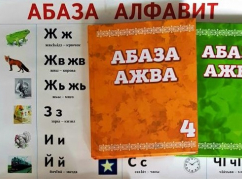
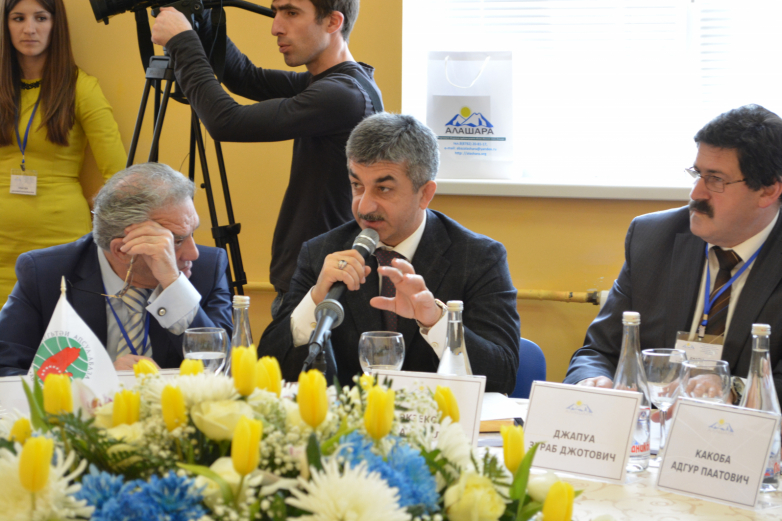

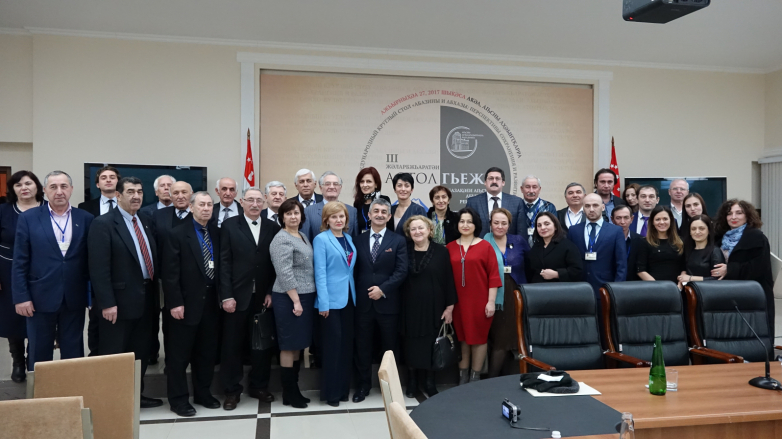
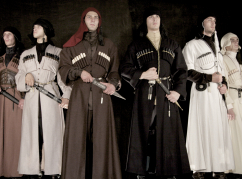
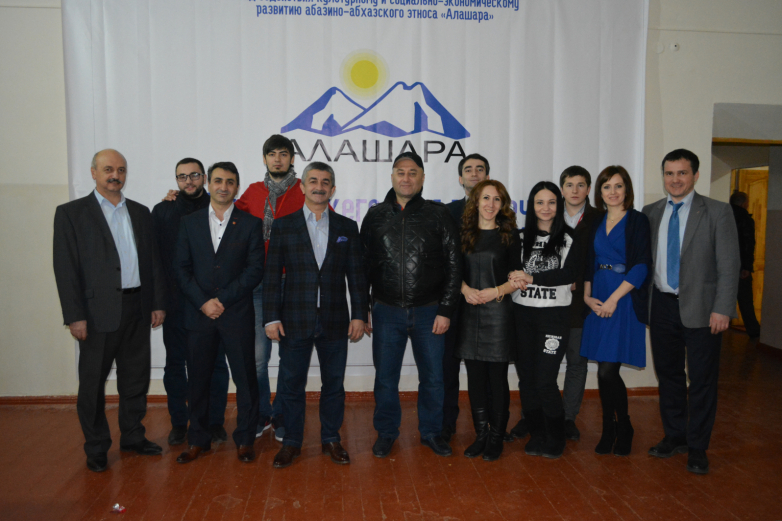
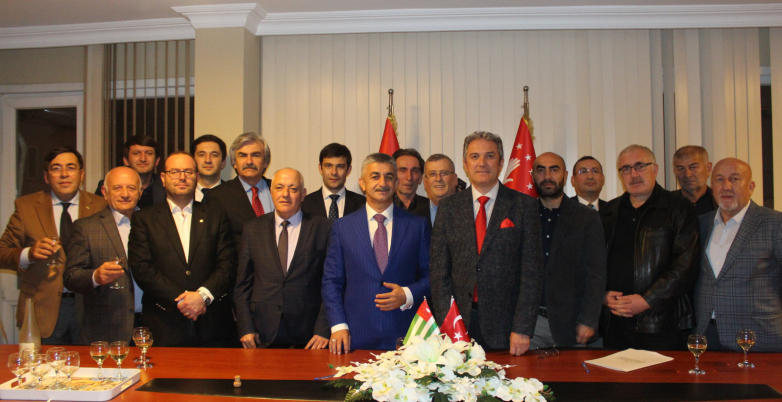
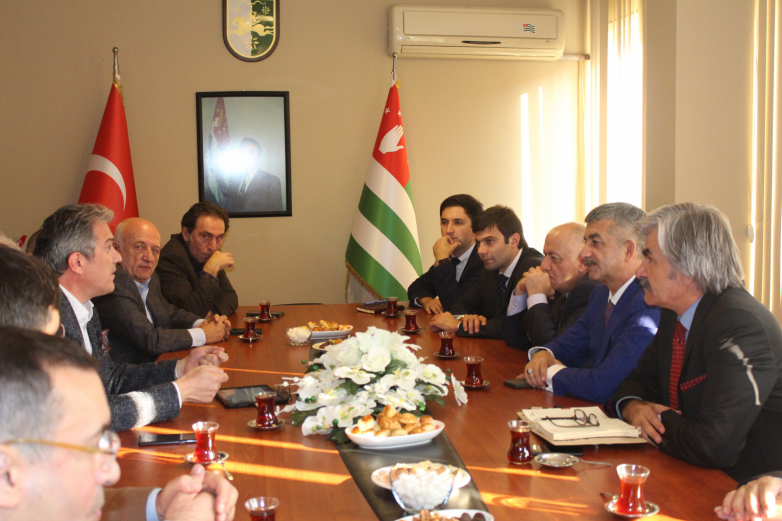
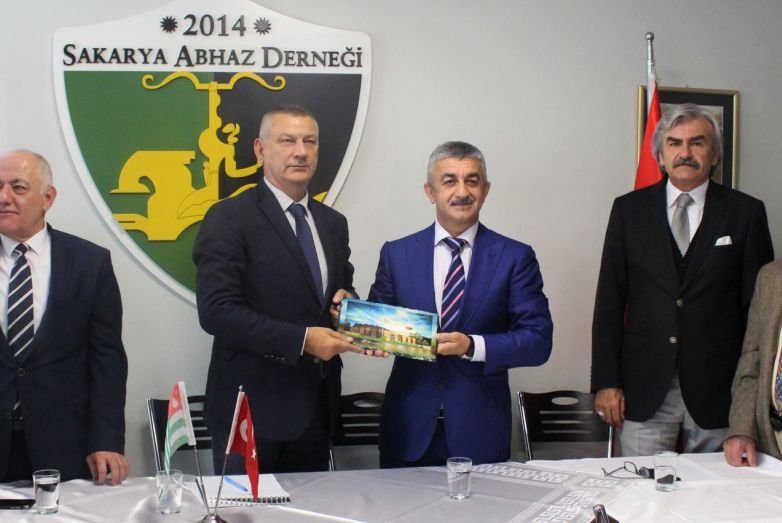
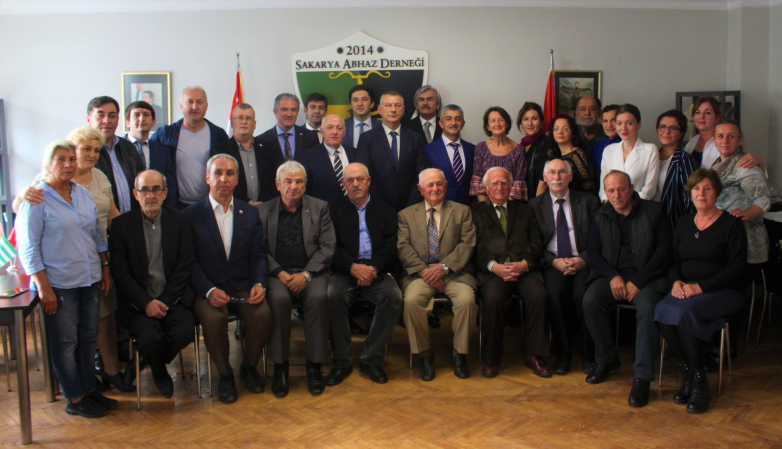
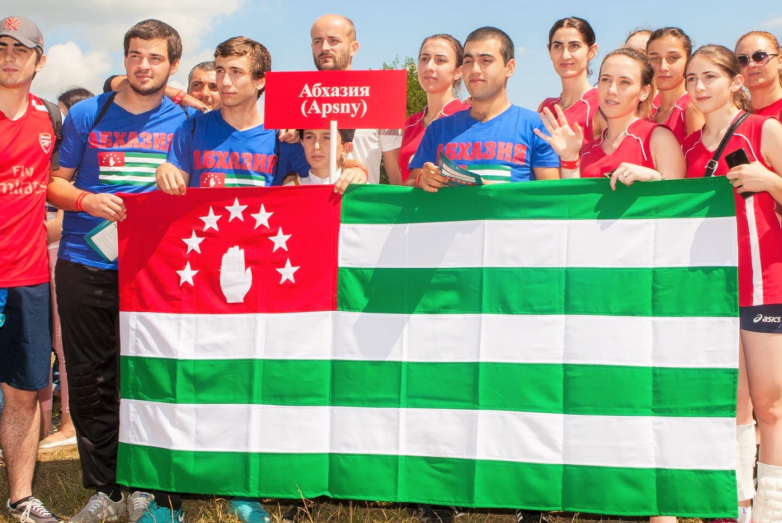
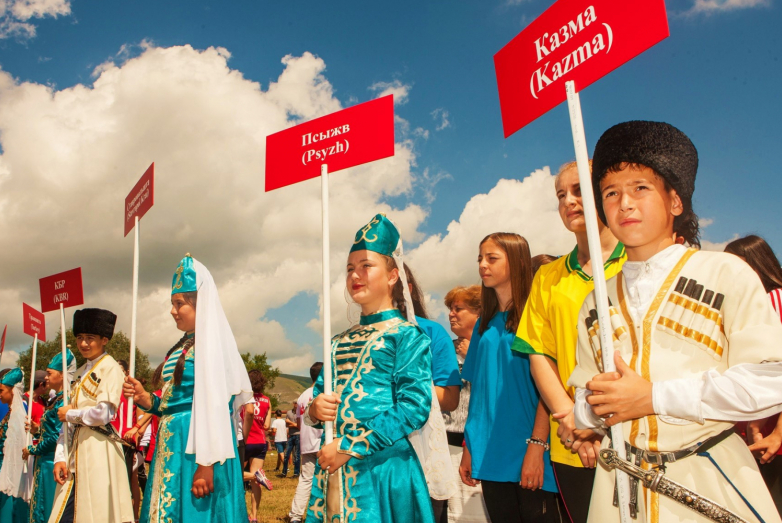
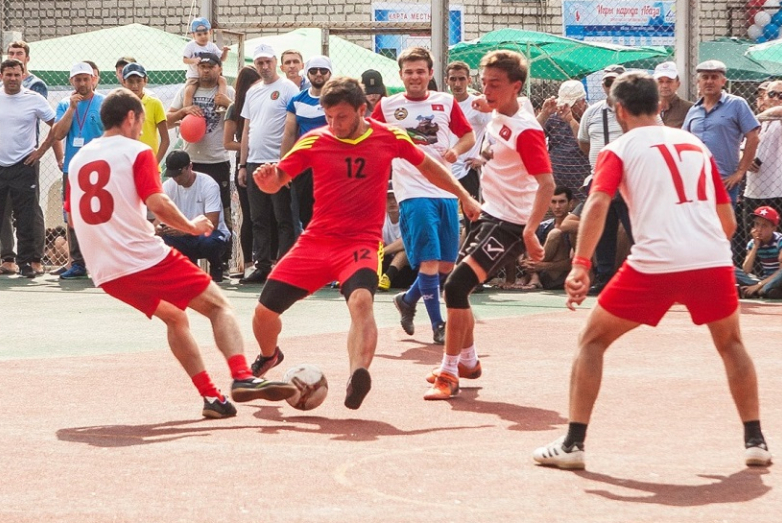
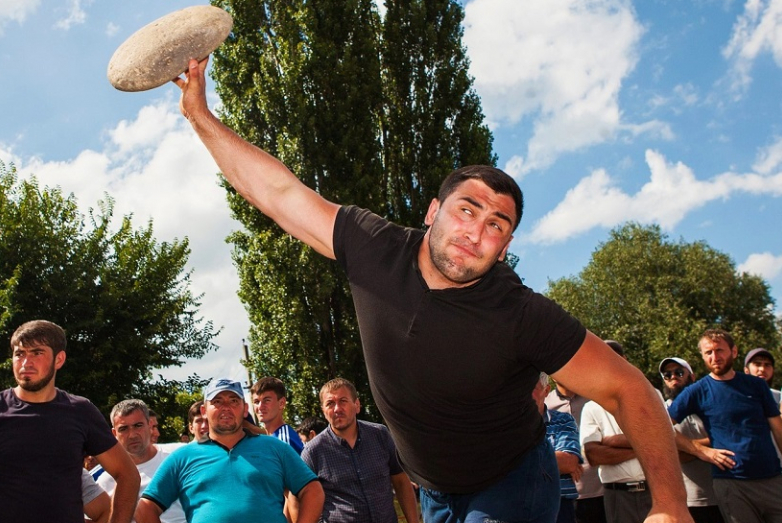
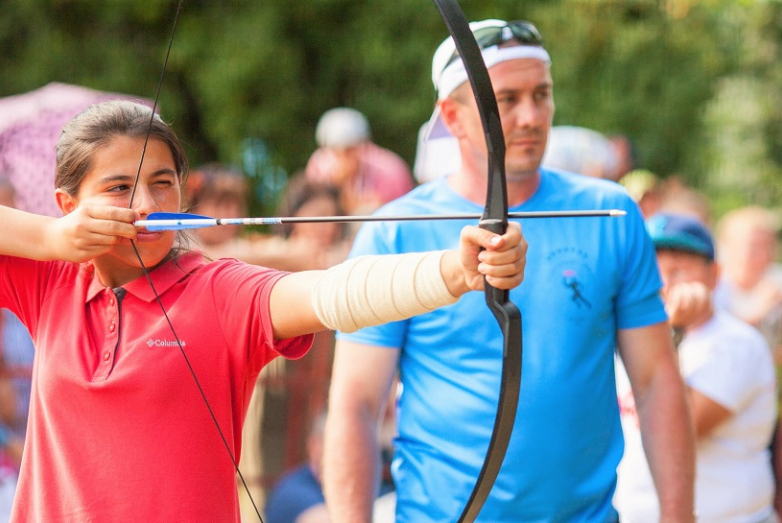
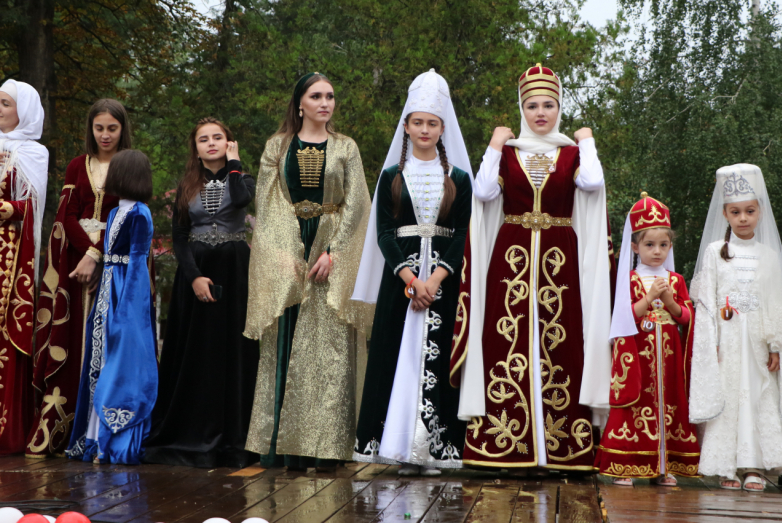
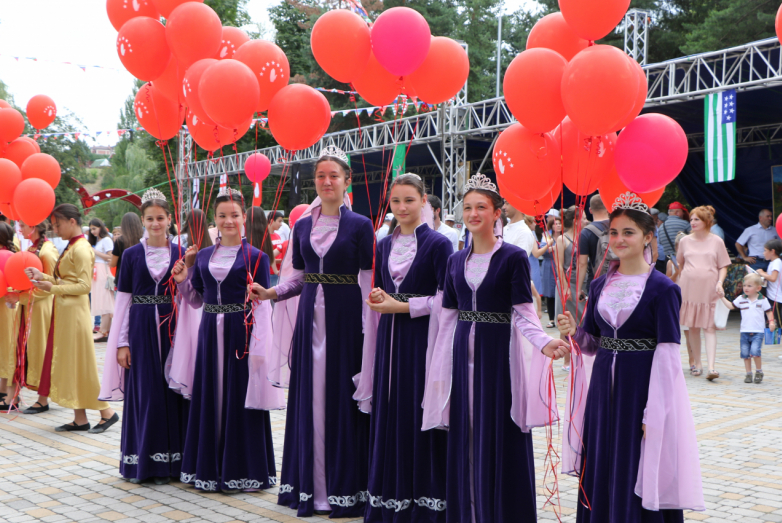
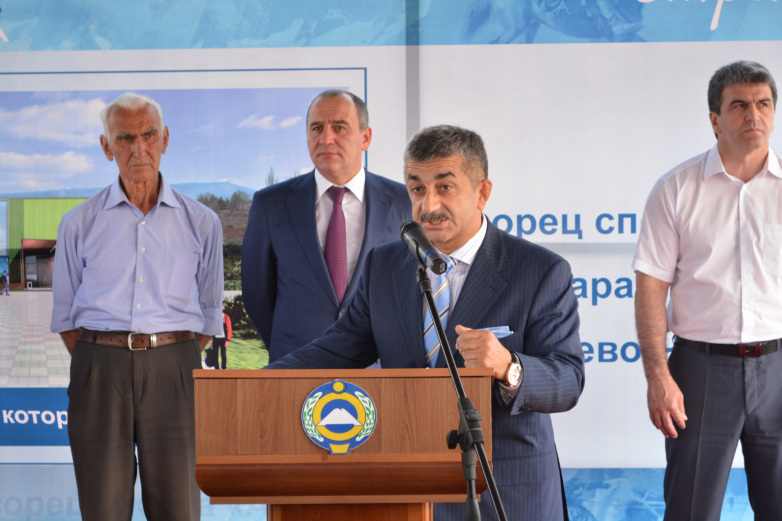
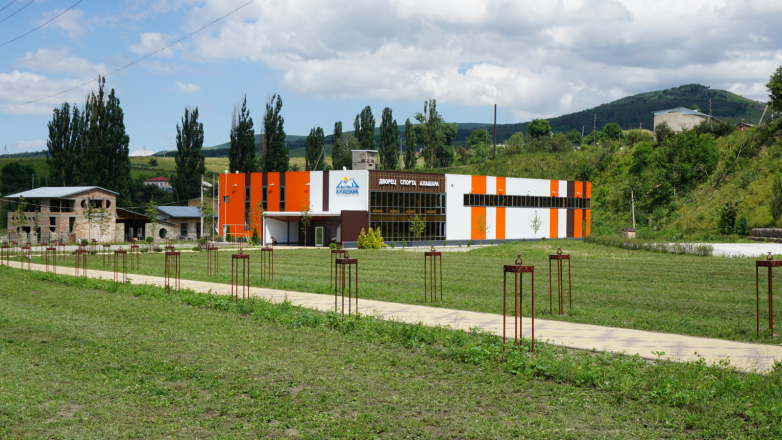
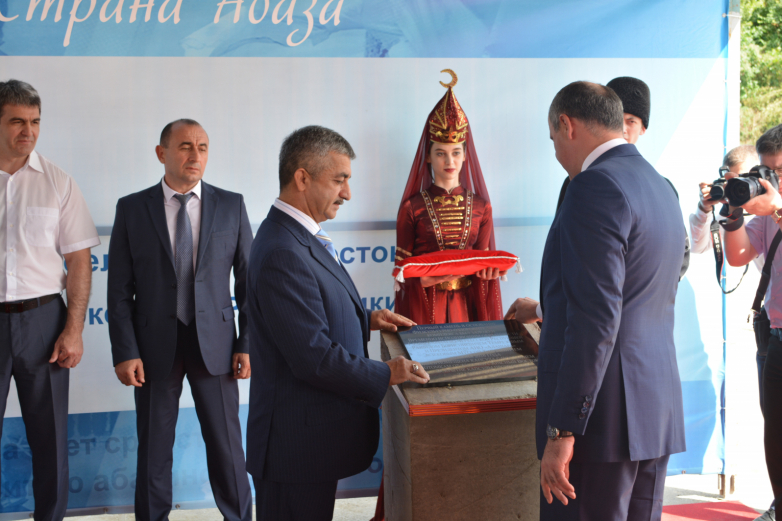
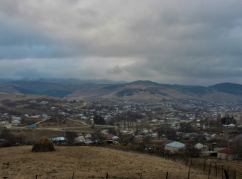
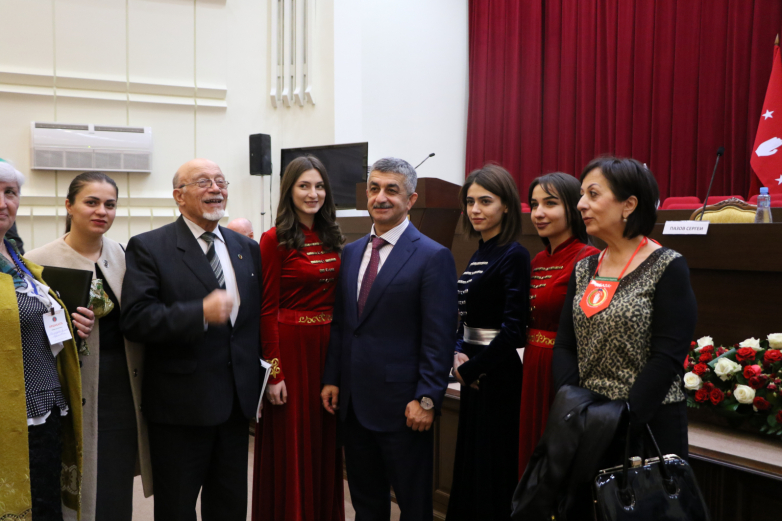
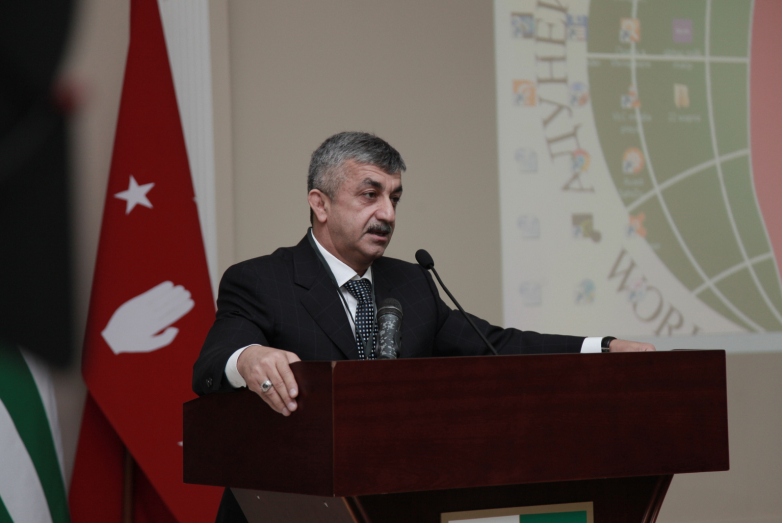
to login or register.